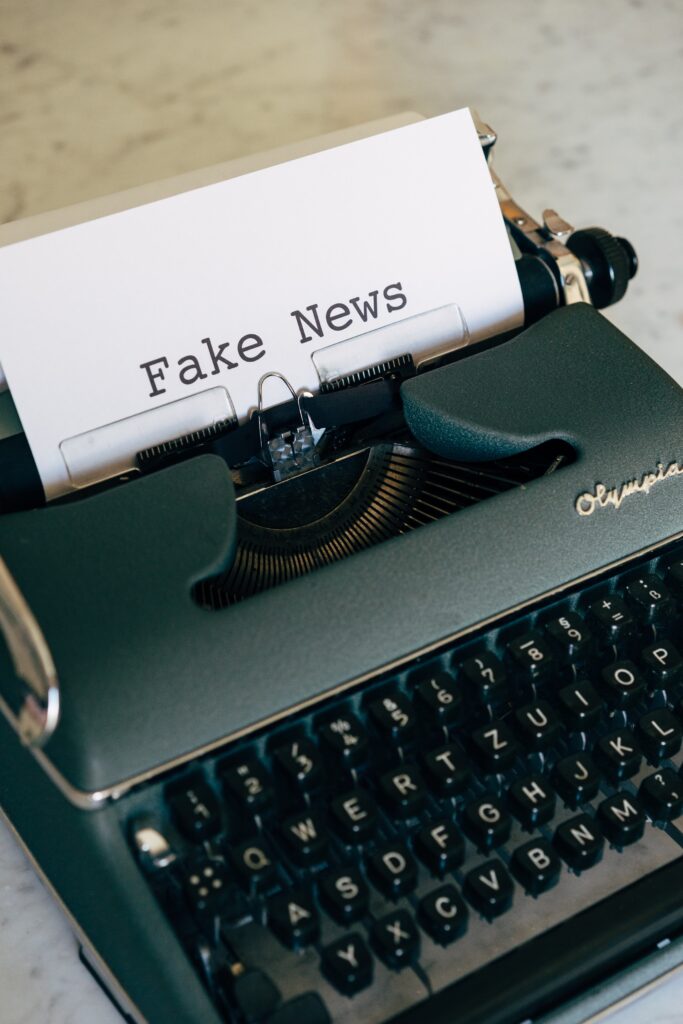Misinformation and disinformation seriously threaten global security in general and democratic systems in particular. Misleading information in the form of intentional disinformation and unintentional misinformation affects political stability, social cohesion, and international relations and can have economic implications. While this issue is not new, the proliferation of the internet and social media has resulted in large volumes of disinformation and misinformation consumed by the public, severely disrupting communication systems (McKay, Tenove, 2021, 703).
During the Covid-19 pandemic, the world was confronted with an unprecedented volume of false information. Social media played a significant role in spreading infodemic, the false information distributed during a disease outbreak (World Health Organization, 2023, n.a.). The extensive spread of infodemic about the Covid-19 disease early in the pandemic and Covid-19 vaccines later slowed down progress in fighting the disease, extended the pandemic, and resulted in distrust in medical expertise (Mosila, 2023, 2).
While misinformation and disinformation are an immediate threat to democracies, it is important to acknowledge that the process of weakening the democratic system is a significant threat to global security in general. In a Ted Talk on “How the net aids dictatorship,” Evgeny Morozov argues that dictatorships are more robust than democracies, are better equipped to survive the new internet challenge, and are more capable of mastering and using cyberspace for propaganda purposes (Morozov, 2009). This is an interesting observation when a new concern is rising: AI-generated disinformation.
With the advent of artificial intelligence, the threat of misinformation and disinformation to global security is even more of a concern. Large language models (LLMs), known as chatbots, such as Open AI’s ChatGPT and Google’s Bard, can quickly generate fabricated, biased facts (Knight, 2023, para. 8), while generative adversarial networks (GANs) programs such as Midjourney can generate fake images from prompts, known as deepfakes. Malicious actors could use these tools to influence public opinion and affect election results.
In the era of AI, the enduring struggle between democracy and autocracy expands into novel domains. Autocracies have already used disinformation to weaken their democratic adversaries. Russia utilized disinformation to influence the outcome of the 2016 presidential elections in the United States. In 2020, China ran an aggressive disinformation campaign to influence elections in Taiwan (Quirk, 2021, 525). As such, we already know that disinformation severely threatens democracy. What does AI bring to the table?
In addition to the fact that AI will favor centralized systems because it will offer a very efficient tool for centralization, autocracies are more likely to use AI-generated disinformation because, unlike democracies, autocracies do not have ethical concerns and regulatory framework to regulate the use of AI to avoid ethical violations. From Morozov’s assessment above, it is evident that autocracies tend to utilize technology better in their favor. Buchanan, Davies, and Imbrie 2022 write that “technology favors tyranny” (Buchanan, Davies, Imbrie 2022, 9). Undoubtedly, any tools that favor autocracies and weaken democracies will be of significant concern for global security. As such, AI-generated disinformation will be a new challenge in the upcoming years.
Bibliography
Ben Buchanan, Stephen Bel Davies, and Andrew Imbrie. 2022. “The New Fire.” Kalorama.
McKay, Spencer, and Chris Tenove. 2021. “Disinformation as a Threat to Deliberative Democracy.” Political Research Quarterly 74 (3): 703–17. https://doi.org/10.1177/1065912920938143.
Mosila, Andreea. 2023. “The Challenge of Populism and Disinformation on the Pandemic Response in Romania.” EuropeNow Journal, issue 54. In publication.
Morozov, Evgeny. “How the Net Aids Dictatorship.” TED, 2009. https://embed.ted.com/talks/evgeny_morozov_is_the_internet_what_orwell_feared.
Quirk, Sean. 2021. “Lawfare in the Disinformation Age: Chinese Interference in Taiwan’s 2020 Elections.” Harvard International Law Journal 62 (2): 525–67.
World Health Organization. (2023). Infodemic. World Health Organization. Retrieved May 30, 2023, from https://www.who.int/health-topics/infodemic#tab=tab_1

